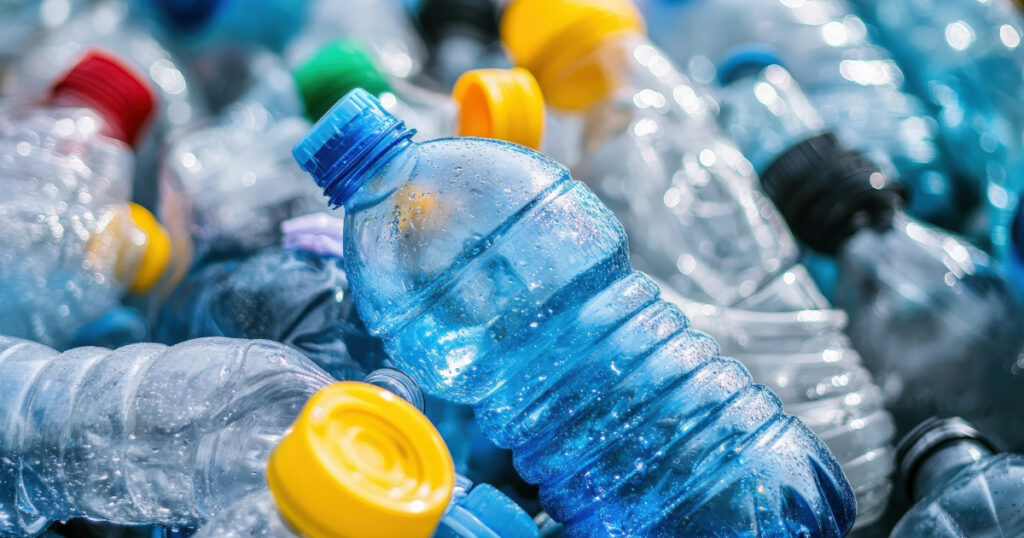Simple tips on maintaining a more environmentally conscious lifestyle during the pandemic.
The COVID-19 pandemic has adjusted our lifestyles in many ways, from remote work, minimizing social contact, cancelled vacations, and beyond. Even though carbon emissions might have dropped due to decreased traveling, other environmental problems are rising. One such issue is the increase in disposable plastics and other household waste propelled by changes in our behavior and overconsumption. However, you can still lead a sustainable lifestyle even in the pandemic. Read some of our tips below. Looking for a productivity boost while working from home? We’ve compiled a list of apps to keep you productive.
Wear a Reusable Mask
Health guidelines call for face masks in public places, and many people opt for reusable surgical masks. The amount of litter associated with such masks has increased dramatically, and reusable masks are a much better alternative. Purchasing a reusable mask will not contribute to the growing waste stream associated with single-use face masks. Make sure to keep your reusable masks clean and wear them properly.
Avoid Single-Use Plastics

This tip was essential even before the pandemic, and avoiding single-use plastics is as vital as ever. Opt for reusable alternatives, especially for non-food items such as plastic bags, water bottles, plastic cutlery, etc.
Use Reusable Bags
Contrary to popular belief, you can still use reusable bags when you go shopping. The cashier is usually not allowed to touch them in many stores, but this problem can be quickly resolved if you pack your items. If reusable bags are absolutely not allowed, choose paper bags whenever possible or skip the bags altogether and take your purchases directly to your car in a shopping cart and bag them there.
Buy from Small Businesses and Farmers
A simple way to cut or reduce plastic is to purchase food from local farmers markets, food co-ops, and eateries. Many supermarket chains are pre-bagging items during the pandemic, and shopping at smaller stores or markets will help you avoid the little plastic bags and wraps. Furthermore, you will be supporting your local retailers during these challenging times.
Buy Used Gadgets
With so many people working and studying from home these days, the demand for necessary tech items has skyrocketed. Before you run out and splurge on the latest, most advanced laptop or tablet, look for a second-hand alternative on such sites as eBay or Apple Refurbished. Pre-owned gadgets are a great way to save money and help the environment by avoiding new hard-to-recycle electronics. What’s more, they usually work just as well as new items.
Collect Hard to Recycle Items
Batteries, electronics, textiles, metal, styrofoam, and more are perfectly recyclable; however, limited services actually deal with them. Yet this doesn’t mean there are no recycling options. For example, when it comes to used electronics, Gadget Salvation will help you sell your pre-owned items for cash. Here, you can sell your laptop, smartphone, gaming console, and more. You will give your gadgets a new life in a sustainable, eco-friendly, and monetarily rewarding way.
Opt for Sustainably-Made Products
If you happen to have more free time during the global pandemic, use it to research and experiment with more sustainable and eco-friendly alternatives to day-to-day items. There are many green and low-waste options available when it comes to cleaning products, cosmetics, clothes, shoes, toiletries, etc. This is the perfect time to try something new and better for the environment.
You can also take up thrifting, a sustainable and highly satisfying option for finding quality clothes, furniture, and household items cheaply.
Conclusion: Zero Waste in Pandemic is as Achievable as Ever
If the coronavirus pandemic has shown us anything, most of us can easily survive on less: less consumption, less transportation, etc. Even if you change just one habit to reduce waste, doing it consistently and cultivating a long-term practice will have a big impact over time. Now, it is more important than ever to be mindful of our waste and the impact it has on our planet; researching and experimenting with zero-waste ideas is a great place to start.










